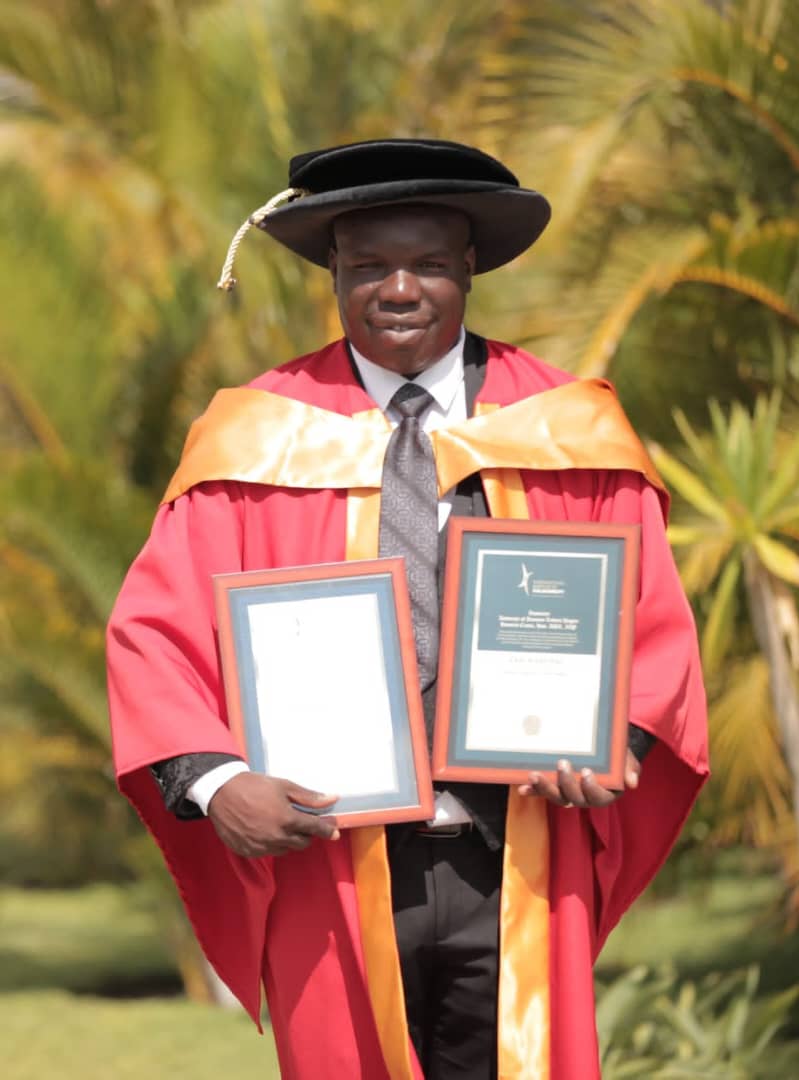
By George Swarei
Harare, Zimbabwe – The Southern African Development Community (SADC) is set to hold its 7th Annual SADC Industrialisation Week (SIW) from 28 July to 2 August 2024 at the Harare International Conference Centre (HICC). This significant event, organized in partnership with the Government of Zimbabwe, the SADC Business Council, and the Confederation of Zimbabwe Industries (CZI), will convene under the theme “Promoting Innovation to Unlock Opportunities for Sustainable Economic Growth and Development Towards an Industrialised SADC.”
The SADC Industrialisation Week has emerged as the foremost public-private platform and consultative body aimed at driving industrialisation within the SADC region. Over the course of a week, stakeholders from various sectors—government officials, private sector representatives, international partners, policymakers, researchers, SMEs, financial institutions, and civil society—will gather to share insights, strategies, and experiences crucial for fostering economic transformation.
Dr. Johansein Rutaihwa, Senior Officer of Industrialisation and Competitiveness at the SADC Secretariat, highlighted the importance of the SIW Declarations from previous events. “These declarations outline a clear roadmap for accelerating industrialisation through strategic infrastructure investments, addressing non-tariff barriers, harmonising policies, and fostering a business-friendly environment. This year’s event will build on that momentum with substantive dialogue and concrete action plans,” he stated.
Industrialisation is widely recognised as a cornerstone for sustainable economic growth and development. In the SADC region, industrialisation is seen as vital for diversifying economies, creating jobs, enhancing productivity, and achieving economic resilience. The focus on innovation during this year’s SIW underscores its role in driving industrial transformation and economic growth.
Mr. Peter Varndell, Executive Secretary of the SADC Business Council, underscored the role of innovation. “The 7th SIW presents a crucial opportunity for the public and private sectors to collaborate on policies and strategies that promote innovation-driven industrialisation across SADC. Innovation underpins sustainable economic growth and is vital for unlocking the region’s industrial potential,” he noted.
Since its inception in 2016, the SADC Industrialisation Week has been hosted by several member states, including the Kingdom of Eswatini, the Democratic Republic of Congo, the Republic of Malawi, the Republic of Namibia, the Republic of South Africa, and the United Republic of Tanzania. These events have yielded significant progress in advancing the SADC Industrialisation Strategy and Roadmap 2015-2063.
The SIW Declarations have been instrumental in shaping regional industrial policies, promoting infrastructure development, and addressing key challenges such as non-tariff barriers. These efforts have paved the way for increased investment and the development of regional value chains, particularly in sectors like mineral beneficiation, agro-processing, pharmaceuticals, and infrastructure development.
The African Continental Free Trade Area (AfCFTA) represents a transformative opportunity for the SADC region. By creating a single continental market for goods and services, AfCFTA aims to boost intra-African trade, enhance competitiveness, and drive industrialisation.
Key focus areas during the SIW will include discussions on how the SADC region can leverage AfCFTA to strengthen regional value chains and enhance industrial capacity. Site visits to manufacturing facilities and industrial hubs in Zimbabwe will provide practical insights into successful industrialisation models and strategies.
Ms. Sekai Kuvarika, Chief Executive Officer of the Confederation of Zimbabwe Industries (CZI), emphasized the importance of AfCFTA. “The SADC Industrialisation agenda is not just a policy but a blueprint for building robust enterprises across the region. The business community stands ready to champion the strategies that will ignite entrepreneurship and attract investment to bring this vision to life. We are committed to driving private sector-led industrialisation and transforming the regional economy,” she said.
Industrialisation models from other parts of the world provide valuable lessons for the SADC region. In East Asia, for instance, countries like South Korea and Taiwan have achieved remarkable economic transformation through strategic industrial policies, investment in infrastructure, and a focus on innovation and technology.
These countries have successfully transitioned from low-income to high-income economies by prioritising industrialisation, enhancing productivity, and integrating into global value chains. The experience of East Asia demonstrates the potential for rapid economic growth and development through a well-coordinated industrialisation strategy.
Similarly, in Europe, the industrialisation of countries like Germany has been driven by innovation, robust infrastructure, and strong public-private partnerships. The “Mittelstand” model, characterised by small and medium-sized enterprises (SMEs) that focus on high-quality manufacturing and innovation, has been a key driver of Germany’s economic success.
The upcoming SADC Industrialisation Week in Harare promises to build on the successes of previous events and further the region’s industrialisation agenda. The emphasis on innovation and sustainable economic growth aligns with the broader goals of the SADC Industrialisation Strategy and Roadmap 2015-2063.
The event will feature a diverse range of activities, including seminars, meetings, workshops, a gala dinner, exhibitions, and site visits. These activities are designed to foster dialogue, share best practices, and develop concrete action plans for advancing industrialisation in the SADC region.
By bringing together key stakeholders from across the region and beyond, the SIW aims to create a collaborative environment where ideas can be exchanged, partnerships can be formed, and innovative solutions can be developed. The focus on multi-stakeholder engagement is critical for ensuring that the strategies and policies developed during the event are inclusive, effective, and sustainable.
The 7th Annual SADC Industrialisation Week in Harare represents a pivotal moment for the SADC region. As the largest public-private platform for industrialisation in the region, it provides an unparalleled opportunity for stakeholders to come together, share insights, and develop strategies for driving economic transformation.
The event’s focus on innovation and sustainable economic growth underscores the importance of industrialisation for the region’s future. By building on the successes of previous SIWs and leveraging the potential of initiatives like AfCFTA, the SADC region can unlock new opportunities for economic growth, job creation, and development.
As the SADC region continues to navigate the challenges and opportunities of industrialisation, events like the SIW will play a crucial role in shaping the future of the region’s economies. Through collaboration, innovation, and a shared commitment to industrialisation, the SADC region can achieve its vision of a prosperous, industrialised future.

